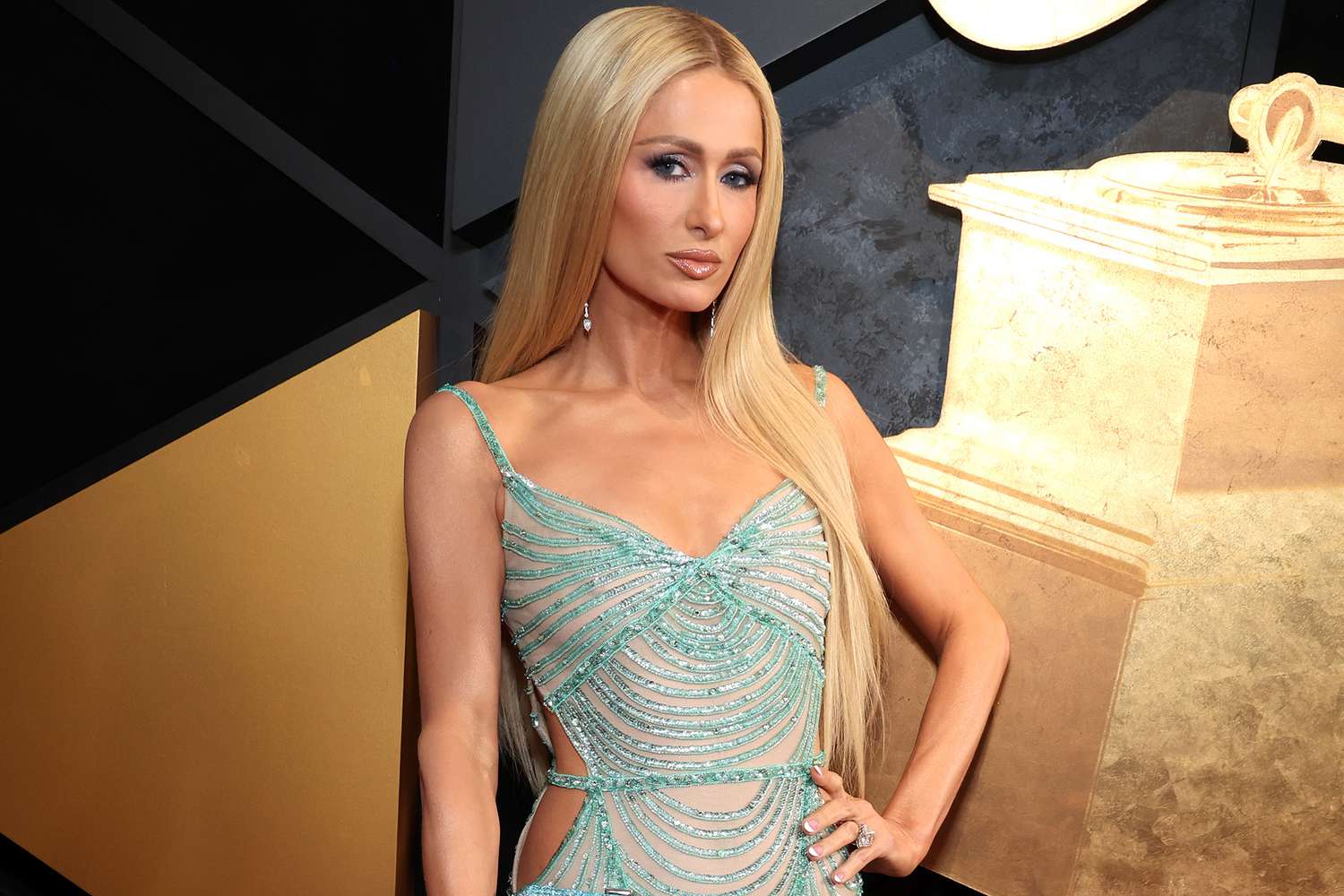Paris Hilton is getting candid about her ADHD diagnosis.
The reality TV star, 43, opened up in a personal essay for Teen Vogue, published on Oct. 5, about how her ADHD symptoms contributed to her being sent to a troubled teen facility — and how her diagnosis later in life helped her to embrace her differences.
“Growing up, I was always told that I was too energetic, too distracted, too talkative — just too everything,” Hilton began the essay.
According to the Simple Life alum, her “constant need” for stimulation combined with troubles at a school that couldn’t accommodate her eventually led to her being enrolled at the Provo Canyon School — where she was the subject of severe abuse, something she has previously spoken about at length.
“I wish someone had asked, ‘What’s really going on with her?’ Instead, I spent years feeling misunderstood, punished for the way my brain worked. It wasn’t until much later in life that I discovered what was really happening,” Hilton continued in part, before discussing how ADHD often goes undiagnosed in women and girls.
Leon Bennett/Getty
“At first, being diagnosed felt like a label — something that boxed me in, defining me by what I couldn’t do, by what made me different,” she wrote. “It’s something I used to keep hidden, worried about how it might be perceived. Would people think I was too scattered, too unfocused, or incapable of success? But those challenges are just one side of the coin. The other side reveals something beautiful: creativity, passion, resilience and a mind that thinks in bold, unexpected ways.”
For the mom-of-two, ADHD isn’t a “limitation” for her — “it’s a superpower.”
“It’s my secret weapon in a world that often tells us to play it safe,” Hilton wrote.
“My brain doesn’t follow a straight line — it zigzags and explores uncharted territory, allowing me to break boundaries and stay ahead of the curve,” she added. “ADHD is the reason I’ve been able to anticipate trends, it’s given me the creativity to build an empire, the drive to keep pushing the limits, and the empathy to connect with people on a deeper level.”
Dave Benett/Getty
Hilton said the neurodevelopmental disorder allows her to hyper-focus on the things she is most passionate about in life — including her work and her family.
Never miss a story — sign up for PEOPLE’s free daily newsletter to stay up-to-date on the best of what PEOPLE has to offer, from celebrity news to compelling human interest stories.
“Because my brain thrives on newness, on bold ideas and on innovation, I see the world as full of possibilities, and I’ve learned to embrace that energy,” she wrote in the essay.
“But let’s be real: ADHD can also be overwhelming and exhausting because my mind is constantly buzzing with thoughts, ideas, and distractions,” she added. “People often see the glamorous, successful side of me, but behind the scenes, there are days when the noise inside my head can be so loud that it’s difficult to find clarity.”
Giving herself “grace” and finding people who can act as a part of her support system were some of the most important ways Hilton learned to support herself through her ADHD diagnosis — but she’s still advocating for change in the way our culture views ADHD.
“The stigma surrounding ADHD — and neurodivergence in general — needs to change,” she wrote. “We live in a world where we’re often expected to fit into boxes, to follow the rules, and to do things the way everyone else does. But my ADHD has taught me that the most magical things happen when you break free from those expectations. We need to stop labeling neurodivergent individuals as ‘disordered’ and start recognizing the unique gifts they bring.”
Matt Winkelmeyer/Getty
Hilton’s music album Infinite Icon — which she released on Sept. 6, nearly two decades after premiering her 2006 self-titled debut — even features a song, simply titled “ADHD,” which serves as a “celebration of my journey and a message to others that ADHD is something to be embraced, not hidden.”
“I want people, especially young women, to know that being different is beautiful, and your “flaws” can actually be your greatest assets. I’ve faced challenges, sure, but ADHD has given me an inner strength and confidence that nothing can take away,” Hilton wrote, sharing about her advocacy work through her nonprofit 11:11 Media Impact.
“To anyone out there who feels like they’re struggling with ADHD or any other challenge, I want you to know this: you are not alone, and you are not defined by your diagnosis,” she concluded the essay. “Embrace your differences, because they are what makes you unstoppable.”
Read the full article here








